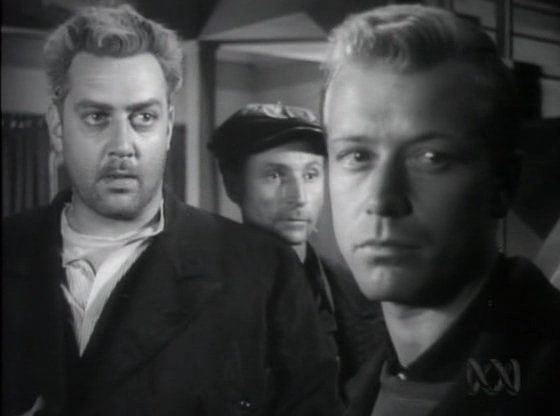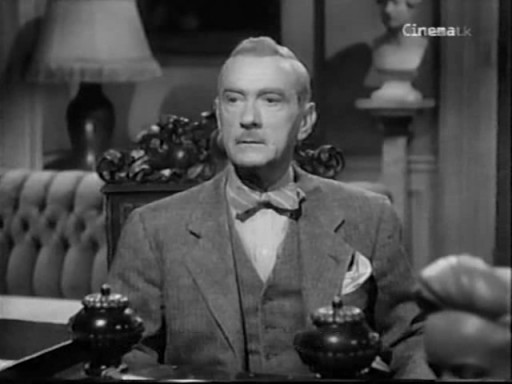
Hayek was, of course, wrong. Despite the disingenuous introduction by Bruce Caldwell, which tries to absolve Hayek from having made any predictions, Hayek did argue in The Road to Serfdom that when you take small steps of socialism, you’re walking on the road to totalitarianism. 70 years later, perhaps no country, or at most very few, have completed that journey. There are many roads to serfdom, but democratic socialism appears to be a difficult one.
But then, all predictions are worthless, except as statements about the present, and Hayek’s description of the deadening effect of socialist ideas on an otherwise free society in the present has aged much better. This, now, is both history and contemporary: The inefficiency of nationalized industries, the moral hazards of the welfare state, the creeping power of benevolent central planners. Socialist ideas create stumped humans, who think not in terms of choices and consequences, but of power and entitlement.
The tragedy that haunts Hayek in this book is the deteriorating effect socialist movements have had on the liberal foundations they often believe they improve on. This is not much less relevant now than in the mid-40’s.
But his decision to project this trend into the future, by comparing it to Germany’s own road to serfdom, makes it unfortunate that The Road to Serfdom is most people’s introduction to Hayek. After all, anyone but an apologist can see that he got this embarassingly wrong. Serfdom is a good pamphlet otherwise, but the Hayek everyone should be reading instead is The Constitution of Liberty.










